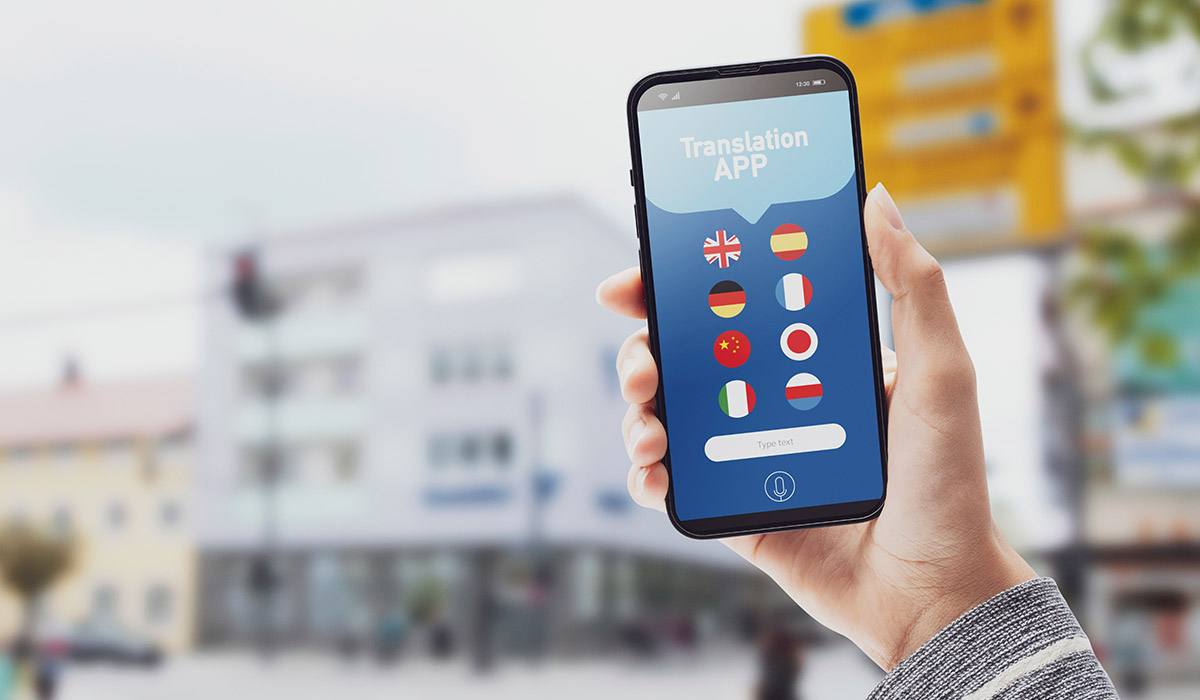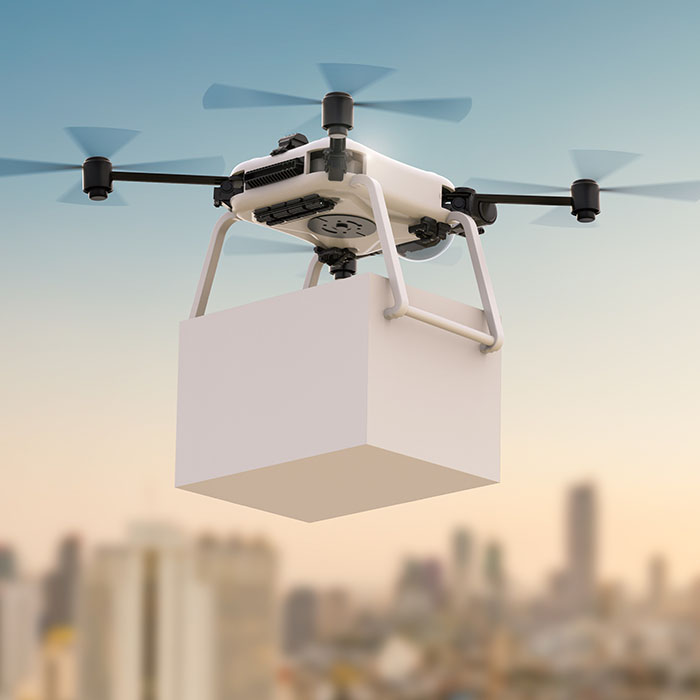November 9, 2023
In November, Pocketalk Corporation will Launch an Online Service that Uses AI to Translate Conversations as Fast as Simultaneous Interpretation

A tablet or smartphone listens to the conversation and follows along to display the translated text on the screen. Conventionally, one had to translate after each conversation, which would allow for a fast-paced discussion without stopping the conversation. Demand is expected for inbound tourists, such as foreign-language staff at tourist facilities and meetings with foreigners.
The mechanism of information processing by interpreters was studied and learned by AI. It analyzes the back-and-forth relationship between words and phrases, separates each sentence, and can convert language within one to two seconds. If a statement lasts for about 20 seconds, it can be automatically divided and translated. Suppose the interpreter's pace is slower than the conversation. In that case, the translation needs to be included to the extent that it does not detract from the main idea, and the interpreter catches up with the speed of the conversation.
Conventional interpretation software, mainly used on smartphones, is based on "consecutive interpretation," which stops in the middle of a statement and translates it each time it is said. Because of the repetition of short statements and interpretation, it takes twice as long to convey the same content as when speaking among native speakers. There is also the hassle of having a person indicate the timing of speech by pressing a button on the screen.
It offers a service that recognizes ten languages, including English and Japanese, and provides simultaneous interpretation in 74 languages for 3,300 yen per month or 39,600 yen per year. Voice data is sent to the cloud via the terminal's mobile communication or Wi-Fi, and the AI in the cloud recognizes the voice and converts it into another language. Since it is used by accessing a dedicated website with a web browser, adding separate software to the terminal is unnecessary.
It also plans to release a tablet terminal dedicated to simultaneous interpretation service by next spring to facilitate the smooth handling of foreign customers at hotels and restaurants and to prevent terminal mishandling. A function that automatically detects the speaker's language and translates it in both directions will also be added. It envisions a situation where two people are conversing with one tablet device unit between them.








